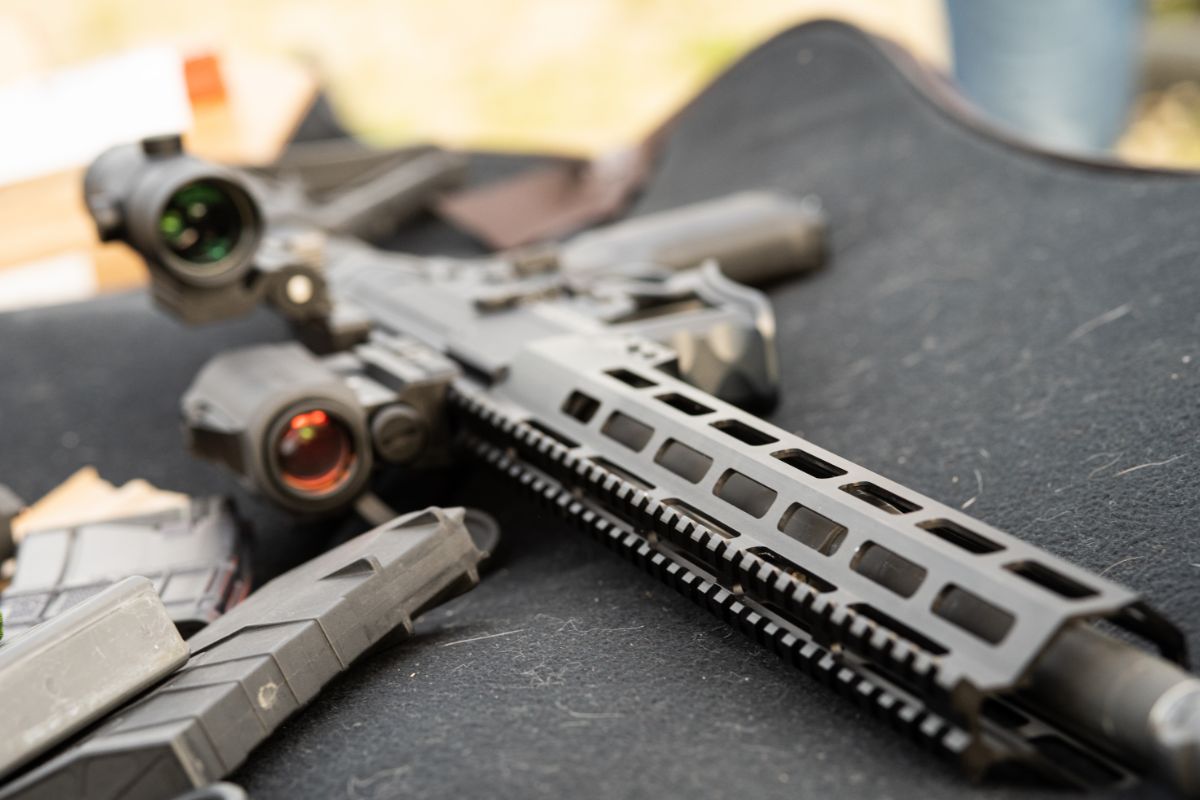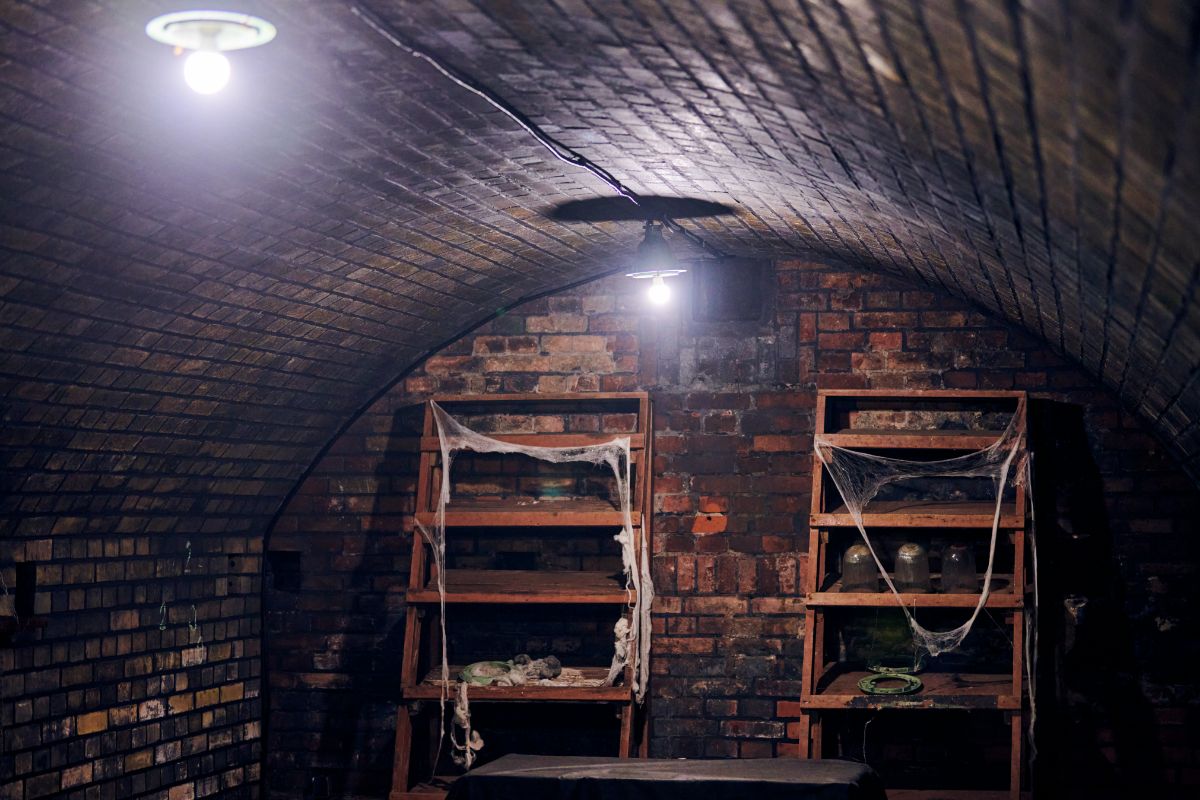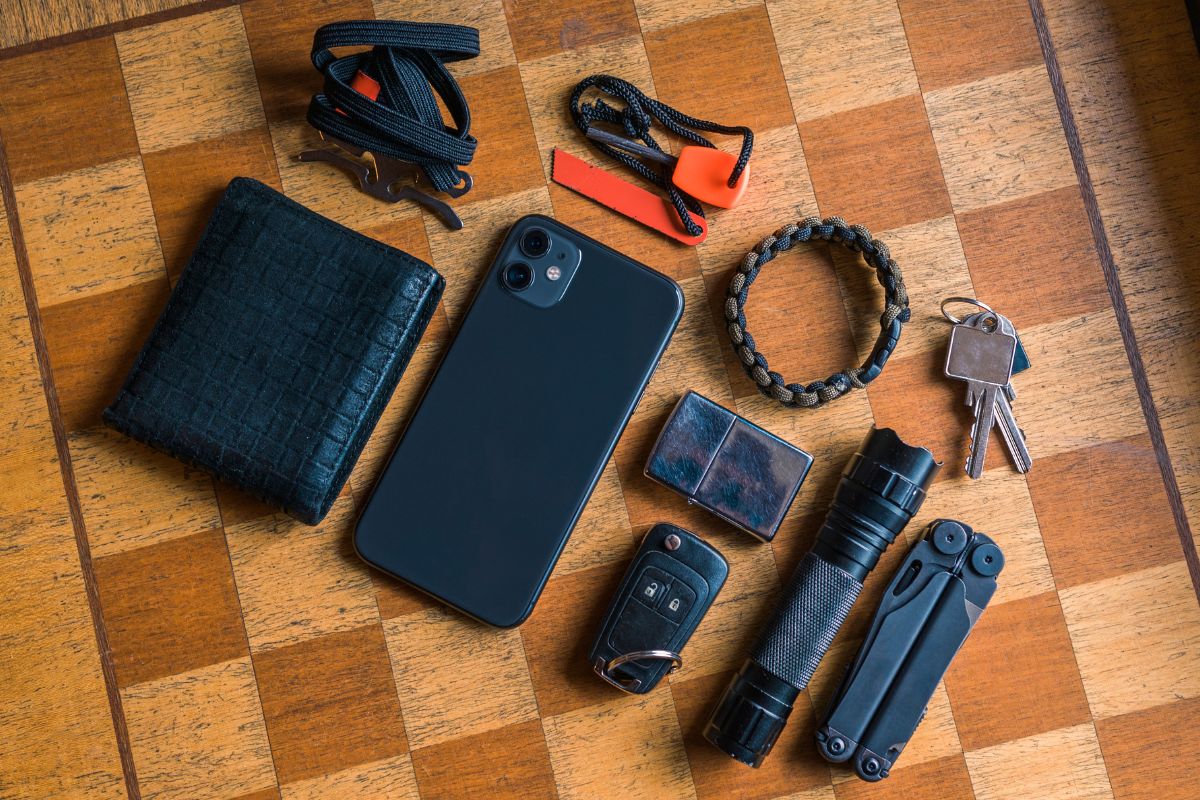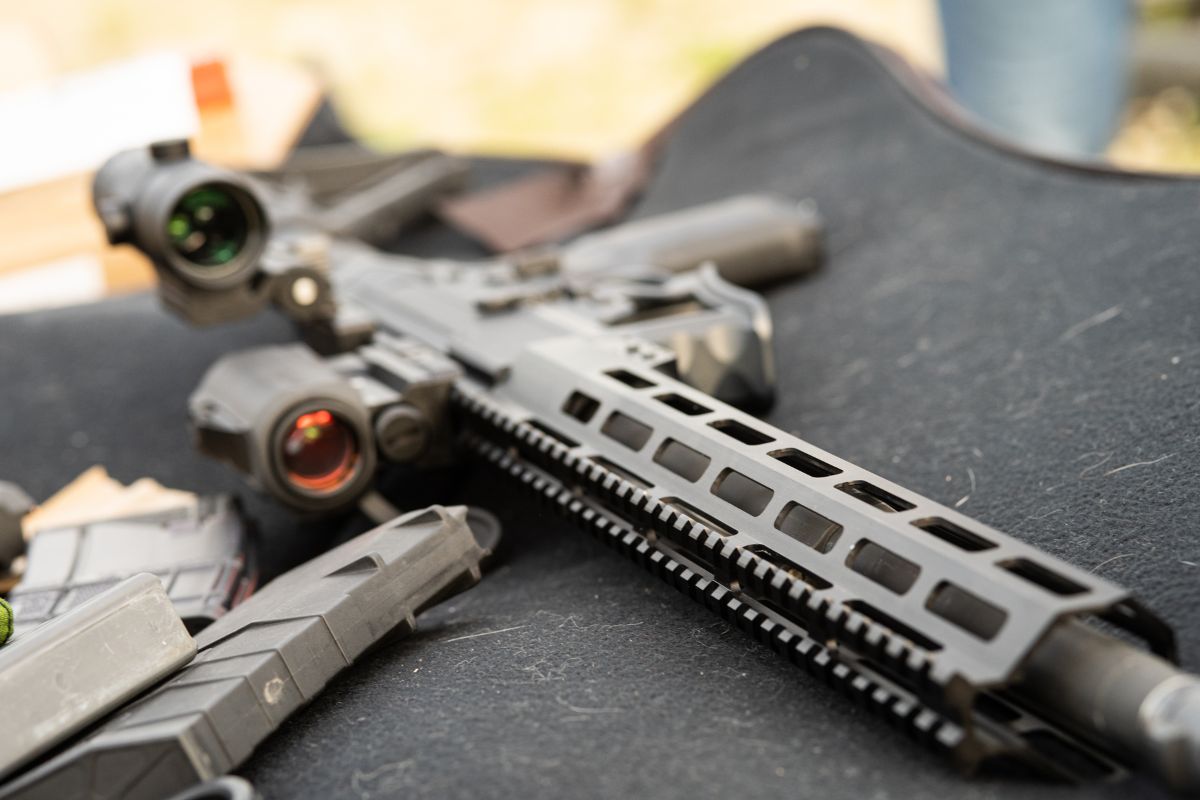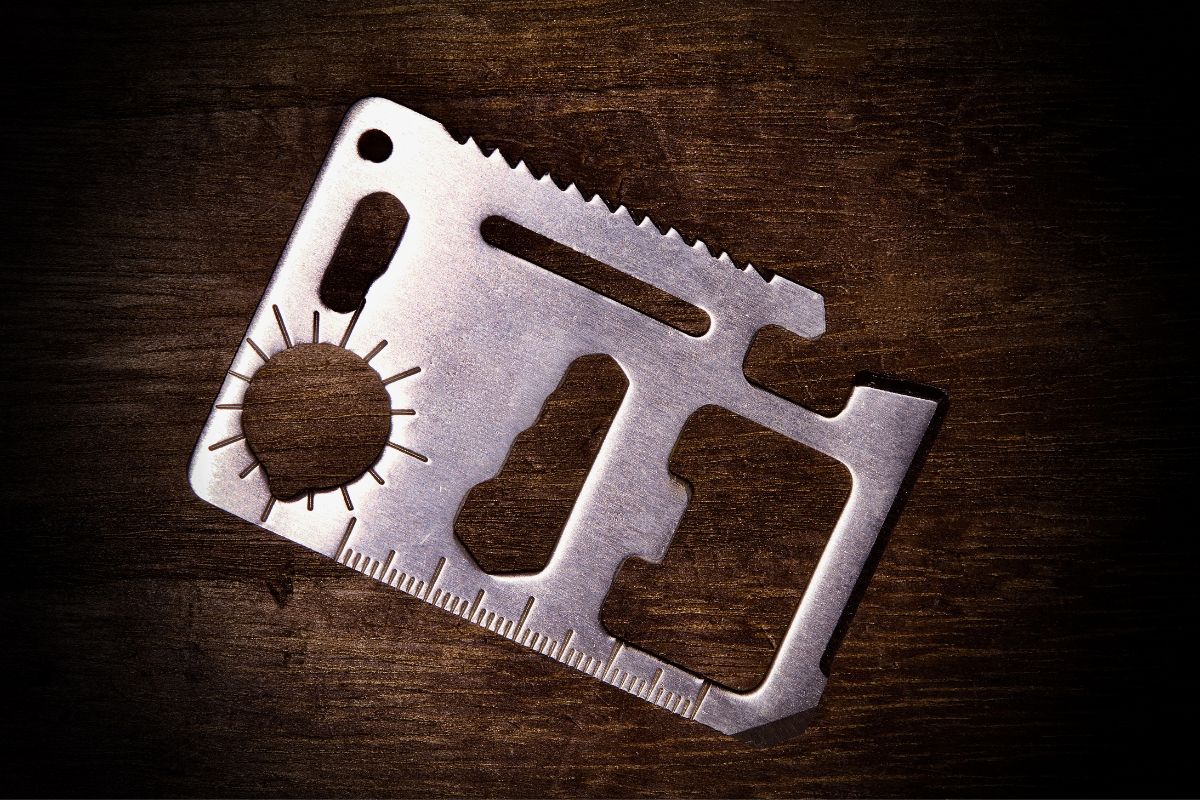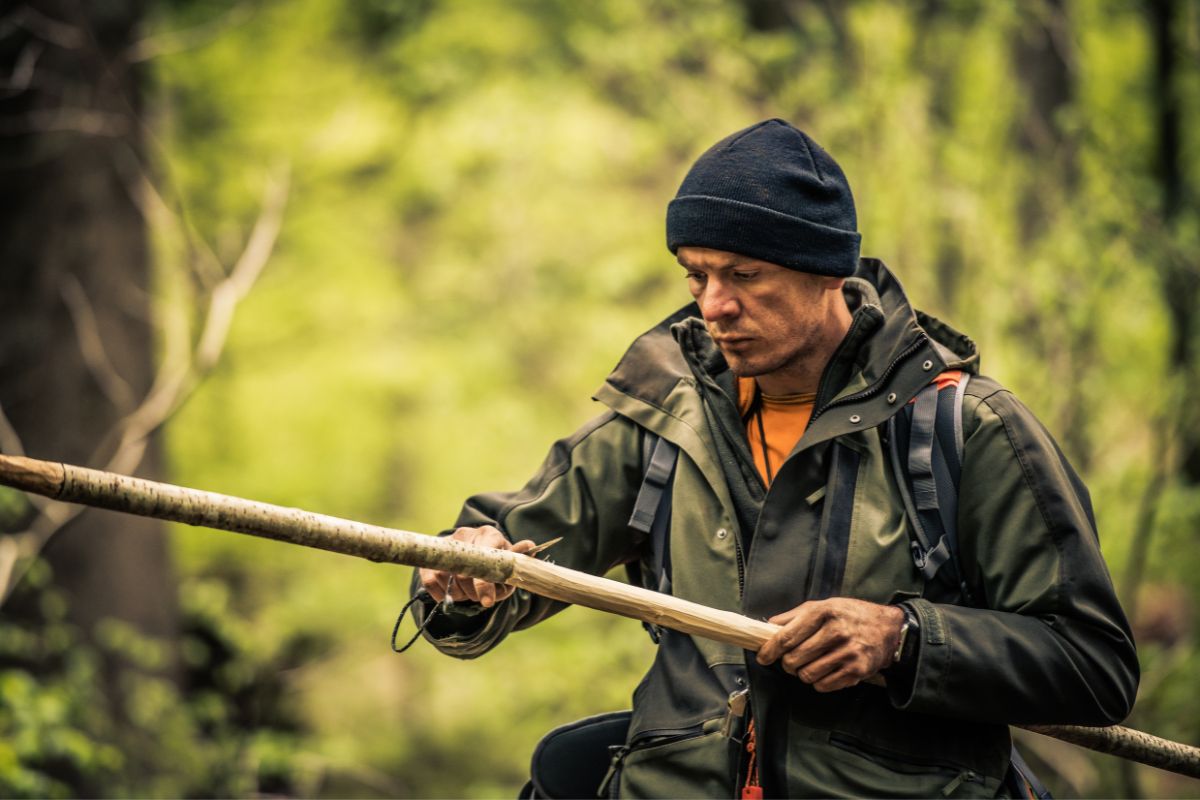When it comes to camping in the wilderness, it should be fun for everybody.
However, when you have limited mobility or have a disability, it can feel like an impossible task.
This is especially true if you are a disabled parent, or have a child with limited mobility.
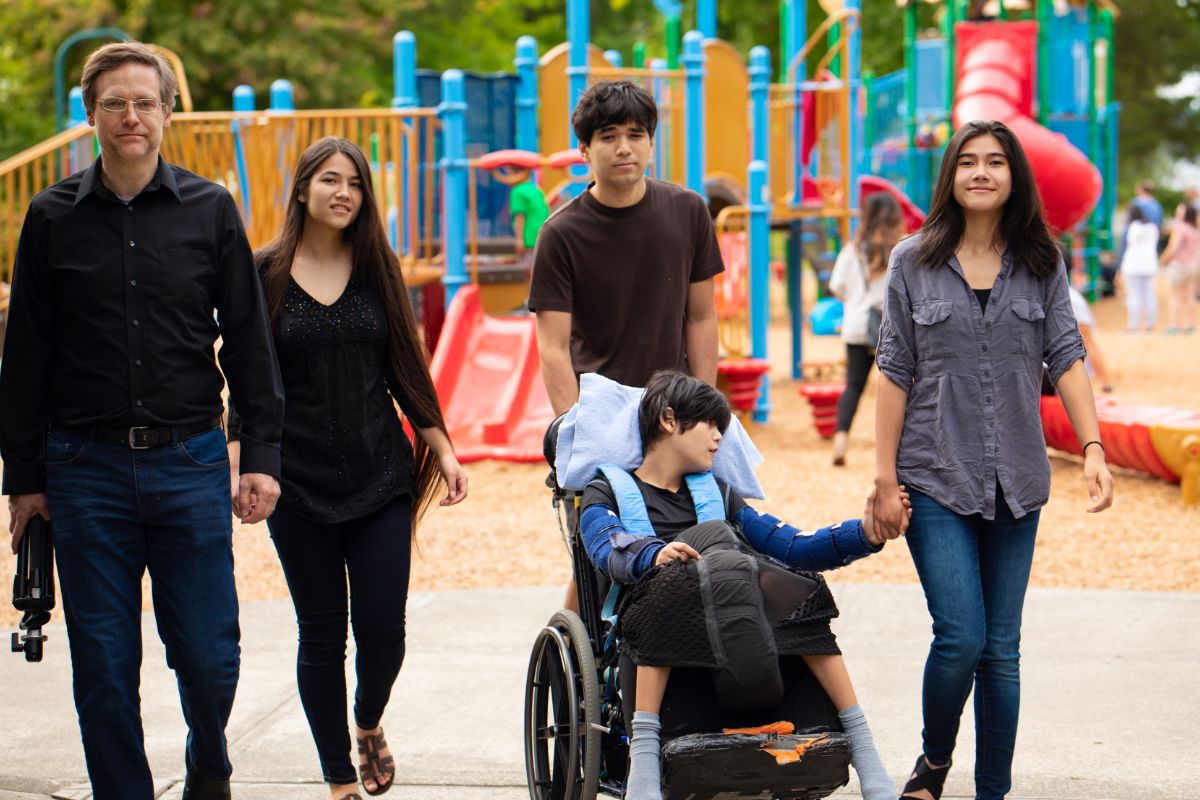
Whilst camping may be a little more difficult than a family with no special needs, it does not mean you have to forgo the trip entirely.
This is because so long as you plan ahead, you and your family (or if you are alone) can have a great experience when camping outside with nature.
In fact, doing such an activity may even be beneficial for the disabled person’s wellbeing.
In this article we take a look at some survival tips when planning a camping trip so everybody can have a good time, and nobody feels left out.
Think About Where To Camp
Before you head out onto a camping trip, you will want to make sure that the grounds are accessible for everyone.
There is no point choosing an area that is muddy and grassy if somebody has to use a wheelchair, for example.
The best thing to do is do your research before you decide on a place. Look at whether it is wheelchair friendly.
However, some places do not say so, meaning you may want to read up on their facilities, look at pictures, and read reviews to make up your own mind.
For example, take a look at what the bathroom facilities are like. Are the showers big enough if a person needs to have assistance?
Are there hand rails to hold on to during hiking trails? Are the restaurants nearby accessible for wheelchair uses?
Are there electricity outlets in case you need to use special medical equipment? What is the camping ground like?
Make sure you 100 percent understand every single requirement that you and your family need to have an enjoyable experience.
Have A Trial Run If Need Be
If you want to spend a night camping to try the place out, then do so. This way, you can see if the area is good for a longer camping trip in the future.
It will be best to have a family member with you who is disabled so they can try out the facilities, but even if they are not present, you can check out the area to see if it is accessible or not.
You will also know what to pack next time too, as you will know exactly what you need to bring.
Make Sure What You Camp In And Use Is Suitable
There are plenty of adaptive equipment when it comes to camping, with many brands now launching top-of-the-range products to help those with a disability enjoy the outdoors.
For example, there are large tents which allow a wheelchair to be stored, and other exits within a tent to allow for easier access in and out.
You may also want to think about where to sleep.
If a person needs to be transferred from a wheelchair, they may find a bed that collapses much easier to get from one place to another.
Speaking of wheelchairs, look for something that has wheels suitable for off the road.
This way, they can still enjoy hiking and being outdoors without the worry of a wheel becoming stuck, or slipping on certain terrain.
Consider What Your Child Might Need
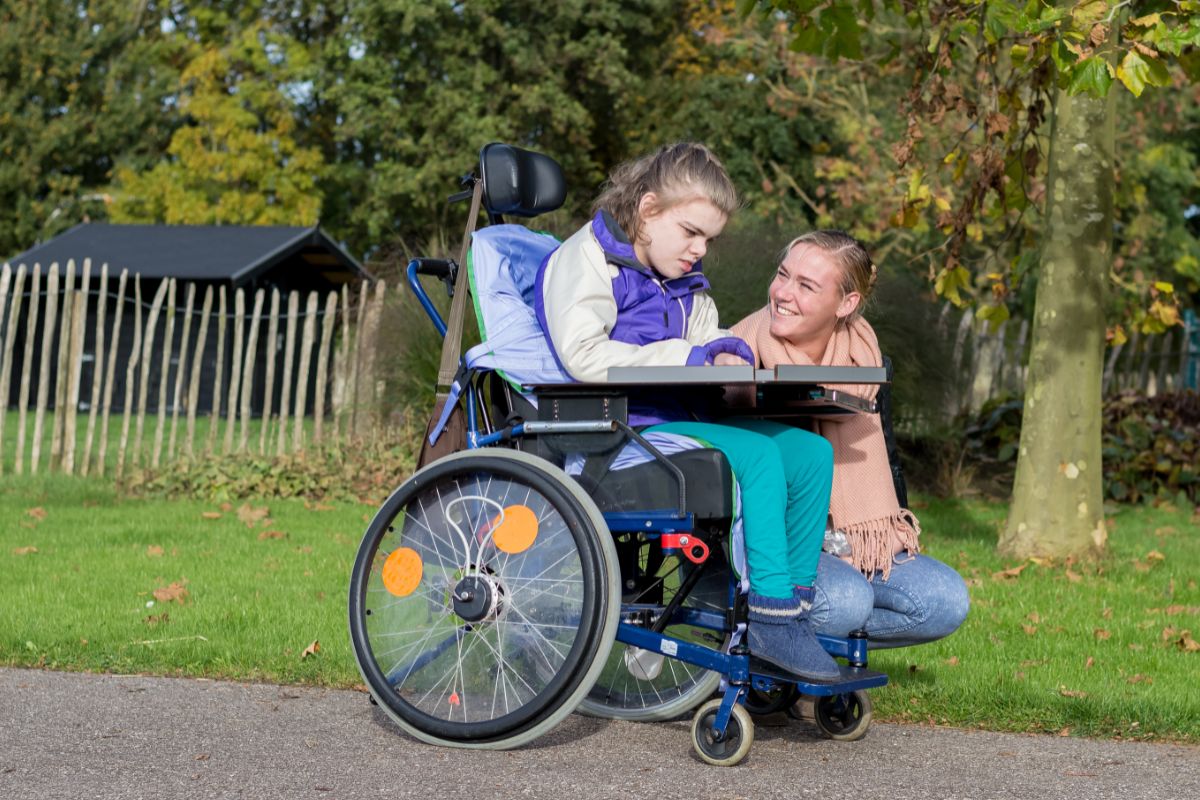
If you have a child who has special needs, then you will want to take their needs into consideration.
For example, if they are autistic and do not like crowds and noise, keep them away from busier spots during the day, or take along something that calms them down.
You may also want to consider not being out for too long, as they may find the familiarity of the tent a lot more reassuring.
What Items You Should Take With You
Before you head out on vacation, make sure to write down everything that you will need to take.
The best time to do this is a few days in advance, rather than on the day when you might be rushed for time and miss out on something important.
If you have limited mobility, then you may want to consider not taking too much. Here are a few items to think about:
- Something to stay occupied with during downtime – a book, music, or maybe even a Nintendo Switch Lite for the children (or yourself!).
- Lighting in the form of a torch or headlamp.
- Warm clothing as no matter the season, it gets cold at night.
- Any medication or equipment that is needed.
- A hygiene kit full of plasters and so on.
- Portable chairs (unless you are in a wheelchair).
- Food if you plan not to find a local restaurant. It is easy to cook it ahead and warm it up later.
- An extra pillow for comfort.
Look For Suitable Activities Close By
When you have a disability or special needs, planning activities ahead is the best thing you can do.
It is never fun when everyone else can go to the beach, and the person in the wheelchair can’t even go onto the sand.
To avoid this, take a look in advance as to what might be possible. Plenty of places these days make disabled access possible.
This also includes wheelchair friendly ramps on beaches – hooray.
You may also want to make sure that if you do plan to go to a local restaurant that they offer food for people with certain allergies.
Final Thoughts
When it comes to camping with a disability or special needs, whether that is you or another family member, plan ahead so you are not left wondering what to do, or feeling stuck – literally!
Having a disability does not mean you should stay at home.
There are plenty of ways to survive a camping trip, so much so that you will no doubt go on another adventure very soon. Happy camping!
- How To Make A Quick And Easy DIY Toilet For Camping - September 19, 2022
- How To Use A Knife For Self Defense - September 19, 2022
- How To Help The Elderly Recover From A Disaster - September 19, 2022


